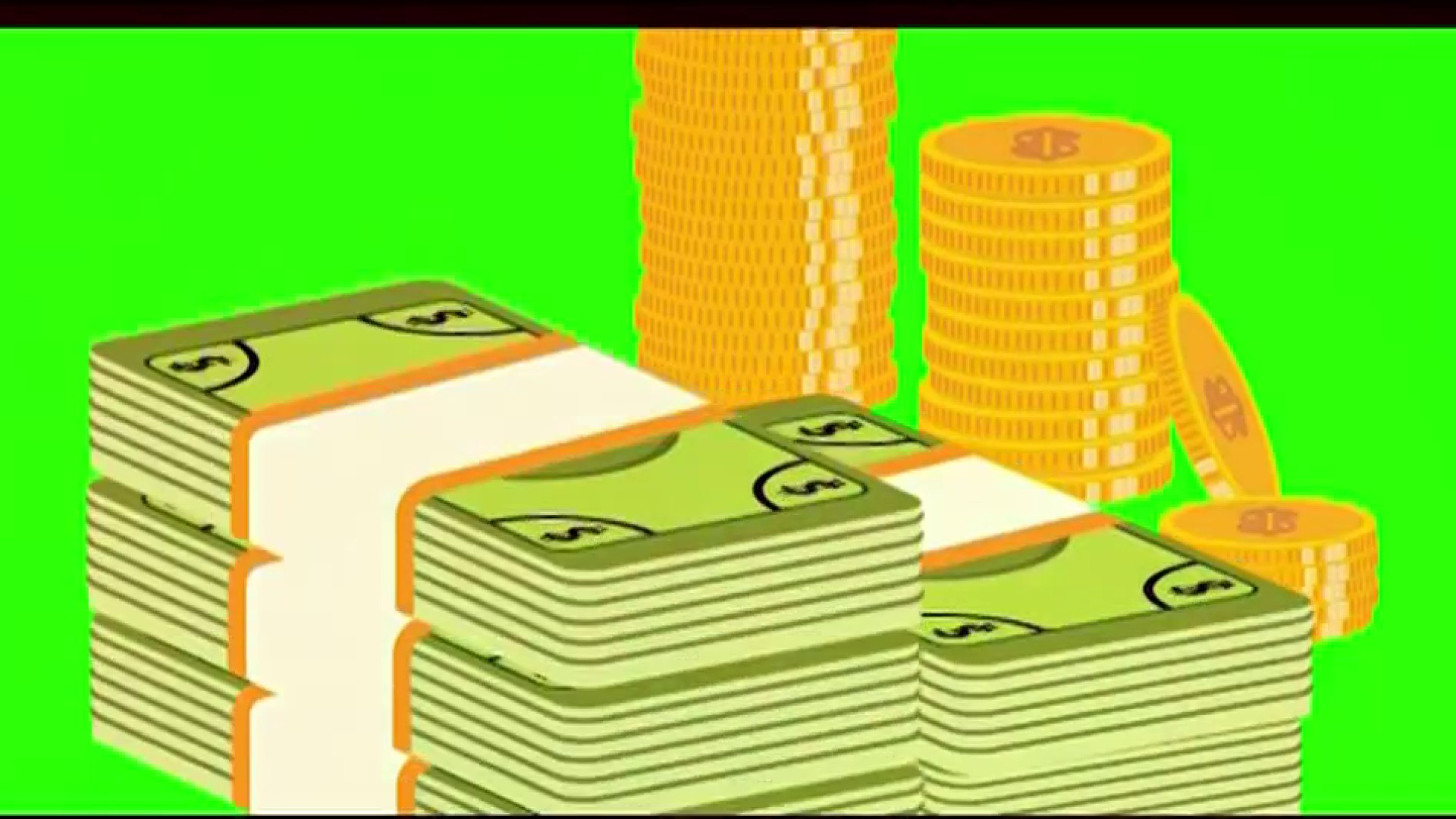Scammers follow the headlines. And when they caught wind of the coronavirus pandemic, they didn’t hesitate to take advantage.
According to data newly released by the Federal Trade Commission, nationwide there have been more than 330,000 consumer reports about COVID-related scams and fraud.
In Pennsylvania, New Jersey, and Delaware: nearly $30 million in COVID-19 related fraud losses have been reported since the start of the pandemic.
Colleen Tressler of the FTC’s Division of Consumer and Business Education told NBC10 Responds that scammers are looking for an opportunity to profit from the COVID-19 vaccines.
Get Philly local news, weather forecasts, sports and entertainment stories to your inbox. Sign up for NBC Philadelphia newsletters.
“They will be making phone calls, they will be sending texts, they will be sending emails, some people are bold enough to come knock on your door,” Tressler said.
She warned against clicking on any links or attachments you may receive via text or email.
Instead, open up a separate browser, and type in the actual organization's web address. Look for their email contact information, and see if it matches up to the email you received. That's one way to do your own fact-checking, according to Tressler.
NBC10 Responds
Have a consumer complaint? Call 215-201-5310
"Don't necessarily trust what's coming into you. You really need to be proactive and search on your own," she said.
In some cases people are asking for personal information they could use to steal your identity.
Or they may promise to get you a spot in the vaccine line for a price.
“You can't get to the head of the line by paying anyone a fee,” Tressler said.
The FTC warned that imposters may pretend they’re with a federal, state, or local agency. If they ask for personal information such as your Social Security card number, your bank account number or your credit card number, beware.
Trusted Sources
The FTC says the best way to verify information is to reach out to a trusted source, such as the state or local health department, your doctor, or your pharmacist.
“I think people might be sharing information, whether it's through family, friends of a social group. But you always need to do your own homework, so to speak,” Tressler said.
When it comes to social media, beware of misinformation that may be shared.
“People may be very well-meaning, say, 'I saw this, thought I'd share it.' But you need to be your own fact checker," Tressler said.
The FTC also suggests turning to your local news organizations for verified information.
How to Report Suspected Fraud
If you believe you were the target of fraud, you may report it to the FTC by visiting FTC.gov and filing a report online. According to the FTC, your information will go into a secure database which is then shared with law enforcement across the country.
When it comes to COVID-19 and getting vaccinated, there’s no sign the fraudsters will stop their crimes of opportunity.
“I think scammers, they cast a wide net," Tressler warned. "They see who they can catch. And unfortunately, in this instance, it's been a real issue.”




